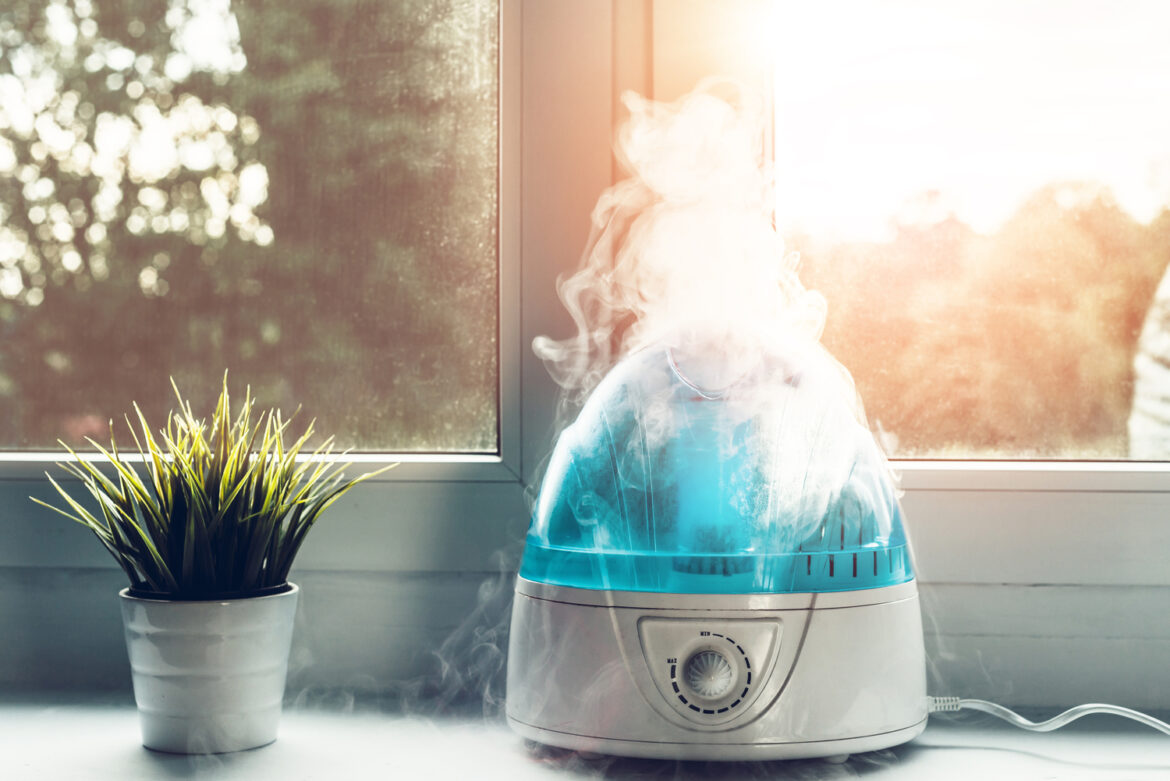Asthma is a condition where airways in your lungs narrow and swell and produce extra mucus. When this condition is triggered, it results in causing the following symptoms:
- Difficulty in breathing
- Coughing
- Chest tightness
- Wheezing
Unfortunately, there is no cure for this lung condition. However, there are multiple ways to manage the symptoms. One way is to lessen your exposure to environmental asthma triggers inside your house. These include dust, smoke, mold, pet dander and pollen from outside. An air purifier can help keep these triggers at bay.
How Can An Air Purifier Help With Asthma?
An air purifier traps environmental triggers in the filter, then releases clean air. It not only keeps triggers out but also sanitizes the air inside your home.
While there have been mixed reviews about whether air purifiers help asthma symptoms, its effectiveness is dependent on the:
- Filter design
- Airflow rate
- Location in the house
- Size of the allergen particles
How To Select The Right Filter
Air purifiers that remove small particles are considered to effectively help with asthma symptoms. Pick one that meets the HEPA requirements, as those will filter the tiniest particles. Ensure your purifier can filter as well as sanitize the air.
There are two common types of filters: one is for gasses, and the other for particles. Together these filters can help you get the purest air.
Also, make sure your purifier is of the right size for the room. If you want to purify more than one room or a large room, you may need more than one system.
Avoid air purifiers that produce a type of gas called ozone. This gas can aggravate your lungs and worsen your condition. This type of purifier does not help in removing any particles and is used only for sanitizing the air.
While air purifiers can reduce odors and mold particles, they can’t eliminate it completely. If you have mold in your house, hire someone to clean it. Do not attempt to clean it yourself, as it may lead to an asthma attack.

